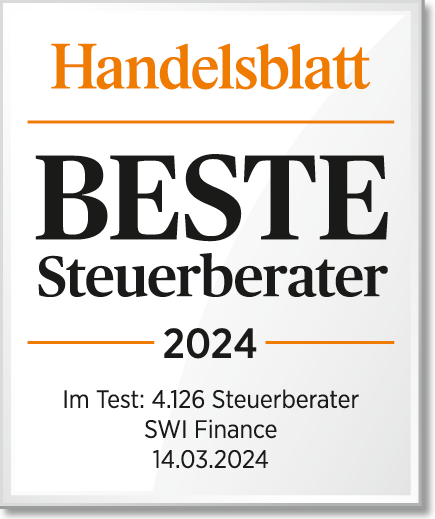Whether you go to China for two years for professional reasons, take a break in Mallorca or Florida and work from there, spend your retirement in the south of France and receive a pension from Germany - the question always arises as to the correct and at the same time advantageous structure tax conditions.
Among other things, the move or even just the relocation of the center of life interests inevitably leads to a change in tax and social security residency. This means that the country from which you are moving can no longer tax income and assets as well as gifts and inheritances as before. Some countries don't care about this, but Germany and other countries are checking whether you can tax your previous sources of income even after you move away. The same applies to the taxation of gifts and inheritances, as well as the taxation of capital gains on shares in companies. Germany has dealt with these topics in the foreign tax law, and there are also regulations in various double taxation agreements.
These regulations have repeatedly led to disputes, and the European Court of Justice (ECJ) has had to decide on several occasions. Taxation at the time of moving to another EU country or to Switzerland fundamentally represents an obstacle to the exercise of the fundamental rights guaranteed by the EU. After that, no one may be prevented from freely choosing their place of residence. However, the ECJ did allow states to make corresponding agreements among themselves and for the increase in value of shares in corporations to be taxed at the time of departure. However, states must accommodate taxpayers regarding payment. Germany implemented the ECJ ruling of February 26.2.2019, 1.7.2021 in a change in the law with effect from July XNUMX, XNUMX, after the previous legal regulation proved to be incompatible with the ECJ's case law. The new regulation also applies to Switzerland, which has joined the European rules in bilateral agreements with the EU.
While a distinction has previously been made as to whether you are moving to a landder.eu or to a so-called third country, such as the USA, from January 1.1.2022st, 12 the same rules will apply to all countries. Persons who have been resident in Germany for at least 7 years in the last 1 years and who hold shares in a corporation of more than 1% of the share capital will be treated as if they had sold the shares at the time of their departure. The same applies if such shares are given away or inherited abroad. It has not yet been conclusively clarified whether, due to the fiction of Section 2022a KStG XNUMX, shares in partnerships that opt for corporate tax taxation and shares in a GmbH & Co KG also fall within the scope of application.
However, the tax must be deferred without interest upon application. If you return within the next 7 years, the tax will be waived retroactively. The period can be extended to a maximum of 12 years, which makes sense for postings and employees abroad. In the case of gifts, the recipient can also return or move to Germany for the first time and thus avoid income tax, but not the additional gift tax.
Upon application, the tax must be paid in constant amounts over 7 years. A security deposit is regularly required. The first annual installment must be paid within one month of the tax assessment being announced; the remaining annual installments are due on July 31 of each subsequent year. In the event of non-payment of the installment, sale, high dividend, bankruptcy, gift of shares within the deferment period, the deferral no longer applies and the tax is due immediately.
However, in all cases in which a move takes place within the EU or to Switzerland, we recommend appealing against the tax assessments. Because it is not certain that the new legal regulation corresponds to the case law of the ECJ mentioned at the beginning. The Baden-Württemberg Finance Court ruled in August 2020 in favor of the taxpayer; the matter is now before the Federal Finance Court and then possibly back to the ECJ.
Apart from the exit tax in the EEA area, Germany also taxes every gift and inheritance five years after moving to a low-tax area, albeit limited to domestic assets. The low-taxed areas include Switzerland and Liechtenstein, among others. also the USA, Türkiye or Chile. The taxpayer has the opportunity to refute the presumption of low taxation abroad by making a concrete tax comparison. To do this, he must demonstrate that his tax burden after moving away amounts to at least two thirds of his comparable burden with unlimited tax liability in Germany.
However, the extended limited tax liability only applies if the taxpayer retains significant economic interests in Germany. This includes business investments or income that amounts to at least 30% of his total income. The 30% mark also applies to domestic assets in relation to total assets. From an income of 62.000 euros or domestic assets of 154.000 euros, taxation applies even if the 30% mark is not reached. If the recipient of the gift or inheritance lives in Germany, the unlimited tax liability also applies after five years.
Anyone who has had unlimited tax liability in Germany for at least five years and moves to Switzerland will be taxed on their domestic income in Germany in the year of the move and for five further years. Exception: the taxpayer has a Swiss passport or is moving to Switzerland in connection with his wedding to a Swiss tax citizen.







